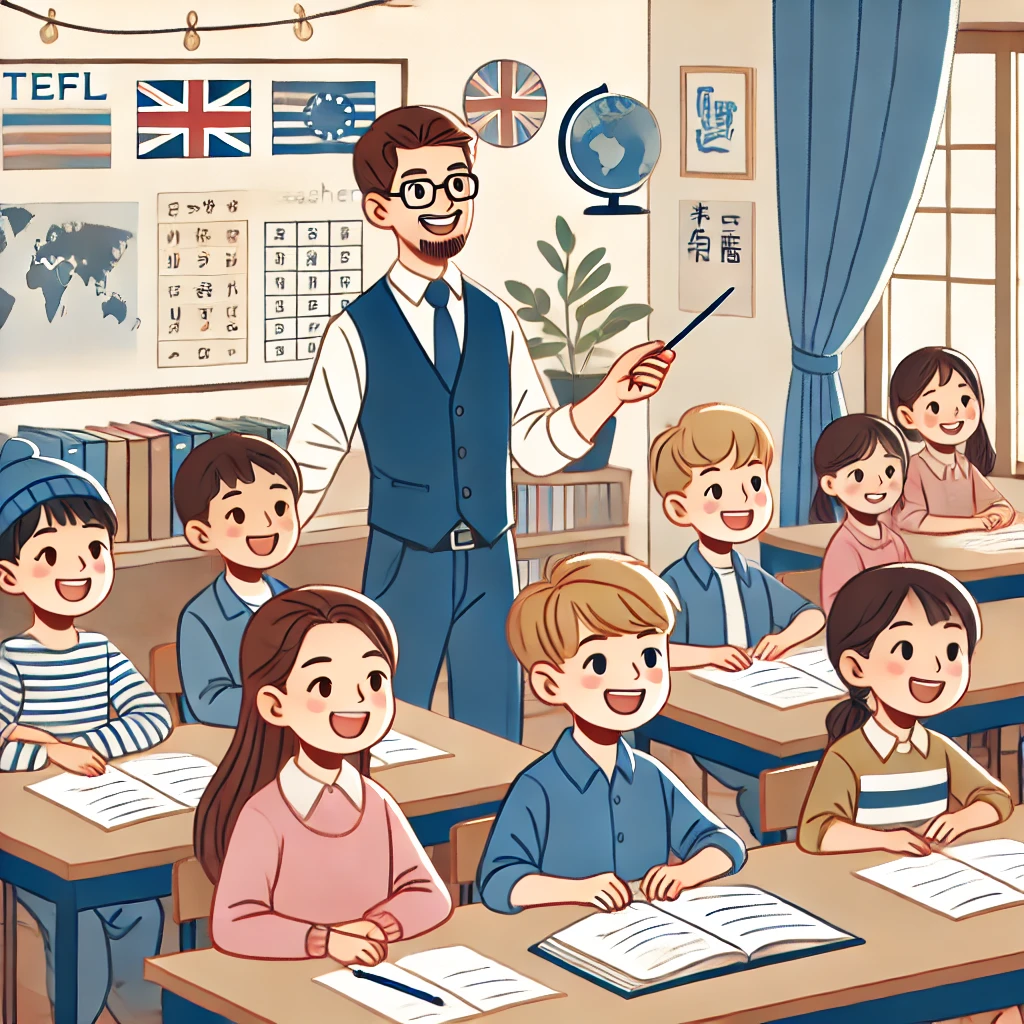Navigating the Licensing Requirements for Educators
In the ever-evolving landscape of education, obtaining the necessary licenses and certifications is crucial for educators looking to make a meaningful impact in the lives of their students. From teaching English as a foreign language to instructing in specialized subjects, the licensing requirements can vary significantly depending on the location and type of educational institution. Understanding and meeting these requirements is essential for both aspiring and seasoned educators to thrive in their careers.
1. Importance of Licensing in Education
Licensing serves as a validation of an educator's qualifications and competence in their field. It ensures that teachers have met specific standards set by educational authorities, demonstrating their ability to effectively educate students. Having the appropriate licenses not only enhances an educator's credibility but also opens up opportunities for career advancement and higher earning potential. Additionally, it helps maintain the quality of education by upholding professional standards and ethics within the teaching profession.
2. Types of Educator Licenses
Educator licenses can vary based on the level of education being taught, the subject matter, and the specific requirements of each jurisdiction. Common types of licenses include teaching certificates, endorsements, and permits. Teaching certificates are typically required for educators working in public schools and often involve completing a teacher preparation program and passing certification exams. Endorsements allow teachers to specialize in a particular subject area, such as English as a second language or special education. Permits may be granted on a temporary basis or for specific teaching roles, such as substitute teaching.
3. Meeting Licensing Requirements
Meeting licensing requirements often involves a combination of education, experience, and examinations. Educators may need to complete a bachelor's degree in education or a related field, participate in a teacher training program, and fulfill a specified number of student teaching hours. Additionally, passing standardized tests, such as the Praxis exams, is common for obtaining teaching certifications. Some jurisdictions may also require background checks, fingerprinting, and professional development courses to maintain licensure. Staying informed about the specific requirements in your area is essential to successfully navigate the licensing process.
4. Resources for Educators
Navigating the complex landscape of educator licensing can be daunting, but there are resources available to support educators through the process. Professional organizations, such as the National Education Association (NEA) and the American Federation of Teachers (AFT), provide guidance on licensing requirements and offer professional development opportunities for educators. Additionally, online platforms like ITTT (International TEFL and TESOL Training) offer specialized certification programs for educators looking to teach English as a foreign language. By leveraging these resources and staying proactive in meeting licensing requirements, educators can continue to grow and excel in their careers.
In conclusion, understanding and meeting licensing requirements is a critical aspect of a successful career in education. By obtaining the necessary licenses and certifications, educators can demonstrate their expertise, enhance their professional credibility, and create more opportunities for themselves in the field of education. Stay informed, stay proactive, and leverage resources to navigate the licensing process effectively and advance your career as an educator.
Is TESOL certification required for teaching English in environmental education programs? Who offers the best TESOL certification for educators with diverse backgrounds? What are the benefits of getting TESOL certification for teaching in underserved areas? What is the job market like for TESOL teachers in the Caribbean? What are the benefits of getting TESOL certification for teaching in urban areas? How long does it take to become a certified TESOL educator? Who offers the best TESOL certification for experienced educators? How long does it take to become a proficient TESOL educator? Who offers the best TESOL certification for global educators? How long does it take to become an expert TESOL educator?





